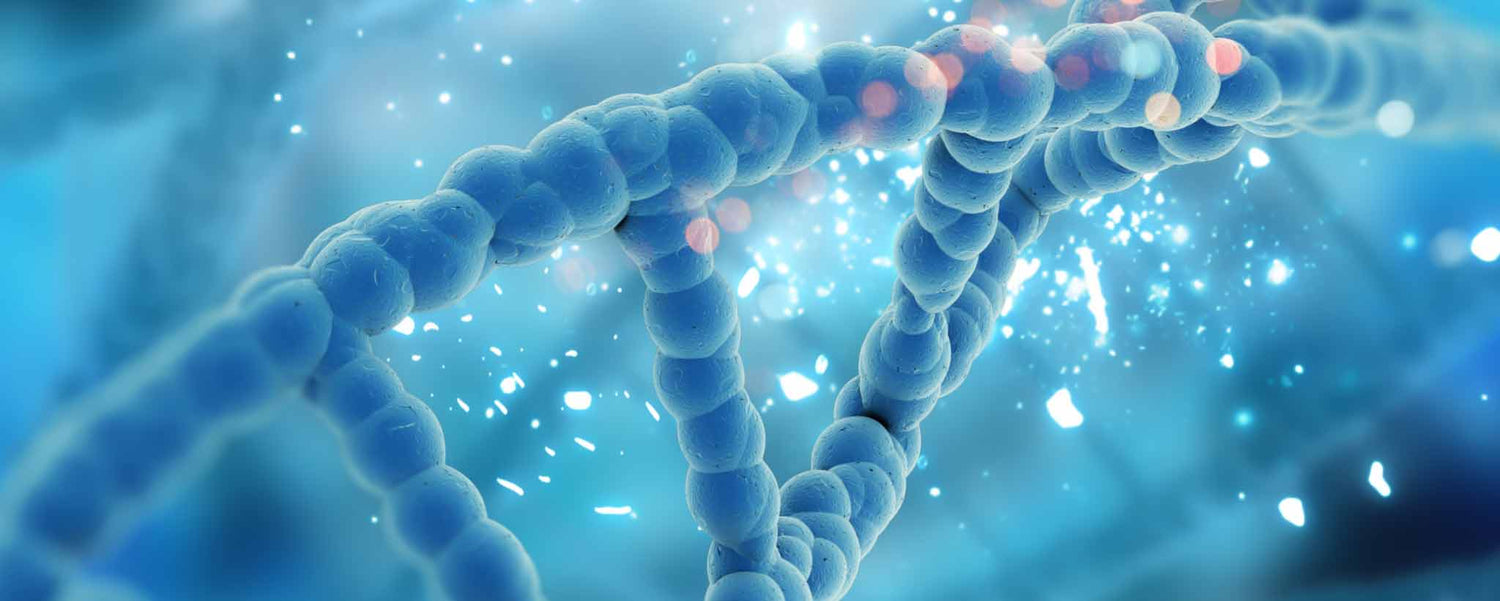Reports of DNA solving decades-old cold cases suggest genealogy websites help find criminals. You may be wondering, though, how safe is your privacy?
Who Shares What?
In 2024, Thomas Martin Elliot, who died in 1991, was identified as the 1975 killer of Teree Becker. DNA connects Florida death row inmate Lucious Boyd, to the nearly 25-year-old rape and murder of Eileen Truppner. The Golden State Killer took the lives of over 106 victims in the 1970s and ’80s and was brought to justice in 2018 with DNA.
You may not have any criminals in your family tree. Then again, you might. The promiscuous activity of relatives could spawn some surprising branches through DNA.
Some healthcare groups promote genetic testing to identify potential ailments. Perhaps you are curious about your lineage. Will mailing a vial of your saliva to an online site negate your privacy?
Commercial sites like 23andMe and Ancestry deny access to member data unless under court order. Most of the cold cases occur through free online sources like GEDMatch from Virginia-based Parabon NanoLabs. These include solving criminal cases in their charter. It’s called investigative genetic genealogy.
Considerations Before Using Genealogy Website
You might wonder why a murderer would use a DNA-matching website. It’s unlikely that he does. Sometimes, detectives can identify a suspect or exonerate a falsely accused prisoner based on the DNA of a criminal’s sibling or offspring.
When you see headlines of cold cases solved from genealogy websites, it is most often not the commercial platforms. If you suspect someone in your family guilty of a crime is walking around in public, would you want to have him brought to justice?
Avoid Fate of the Criminal Gene
Another fear some have is the discovery of the so-called criminal behavior genes. These include “cadherin 13” (CDH13), a gene involved in neural connectivity, and “monoamine oxidase A” (MAOA), a controller of dopamine levels in the brain. Both have been associated with criminal behavior. However, courts do not uphold this as a criminal defense strategy.
Maybe you have concerns about your privacy. The services that charge for their service have teams of lawyers to contest requests for customer data. Expect to give up some privacy when using the free genealogy sites. Read the privacy agreement.
Enjoy more articles about clinical science
ClinicalPosters offers human anatomy charts, scientific posters, and other services that compliment articles about clinical science. Slide extra posters into DeuPair Frames without removing from the wall.
Show your support by leaving an encouraging comment to keep the research going.
Support the writing of useful articles about clinical science by exploring human anatomy charts, scientific posters, and other products online. You may sponsor specific articles.
ClinicalPosters provides human anatomy charts, scientific posters, and other products that compliment useful articles about clinical science.
ClinicalPosters offers human anatomy charts, scientific posters, and other products online.
You can sponsor useful articles about clinical science or donate to further research. Visible content is optimized for device size.
UPDATED 2026 – This article reflects editorial revisions since its original publication.
FAQ: Cautions for using a genealogy website
What is a genealogy website?
This is typically a site that sends you a kit for collecting and sending a DNA sample (usually saliva). It then runs comparisons on the DNA to determine potential relatives.
How do the sites use my DNA?
In most cases, the casual user learns something about their family tree. Although sites may suggest anonymity, a court order can compel them to release information. Some sites are designed specifically to solve crimes.
Should I worry if I am related to a criminal?
Your DNA may reveal loved ones with a criminal history—resolved or not. There is no medical reason to fear the so-called criminal behavior genes.
References
- Genetic Genealogy: DNA and Family History. guides.loc.gov/genetic-genealogy
- Parabon NanoLabs. parabon-nanolabs.com
- The Criminal Behavior of Genes. sciencerepository.org/the-criminal-behavior-of-genes (2020)
- Criminal defendants still cite a ‘gene for violence.’ It doesn’t exist. washingtonpost.com/outlook/2021/03/18/genetics-criminal-defense-warrior-violence/ (2021)








